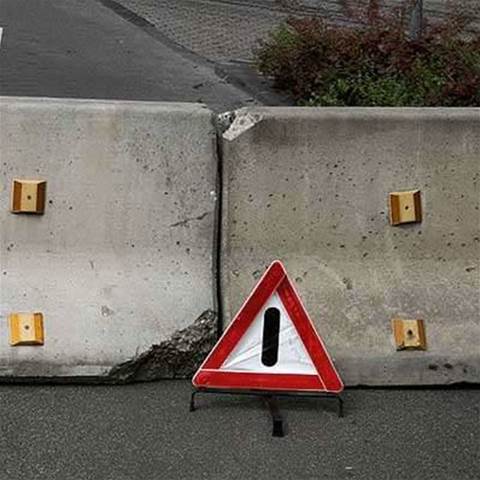Google has publicly slammed the Australian federal government over its plans to expand website blocking laws to fight online piracy as “rushed” and pointless.
In a submission [pdf] to a senate committee examining the proposed laws - which were put forward in mid-October and have Labor’s support - Google’s US headquarters blasted the proposal as unnecessary.
“Google is concerned the bill is being rushed forward despite no substantive evidence that the current legislation is deficient,” Google LLC’s public policy and government relations manager Derek Slater said.
“Google is also concerned that there has not been a thorough, comprehensive and independent review of the extent of the alleged problems that the bill is seeking to address and the likely effectiveness of the proposed changes in addressing them.”
The government claims stronger powers are needed to stop proxies or mirrors of piracy sites being set up to circumvent blocking orders issued by the federal court.
It also wants a formal requirement for “search engines to demote or remove search results for infringing sites”.
Google, however, says it already does this for offending sites.
“By the end of 2017, we demoted an average of 500 websites in search results every week, and those demotions apply globally,” Slater said.
“We have also made it much harder for operators of demoted sites to evade demotion by redirecting people to new domains, [and] by removing the ability of new sites to inherit whatever positive ranking signals demoted sites had in search.”
Google saw the expansion of site blocking laws to cover search engines are largely pointless, given ISP-level blocks were already possible.
“Google submits that by efficiently cutting off access to a website at the ISP level, there is no additional utility provided by extending the site blocking scheme to search engines,” Slater said.
“This was presumably the same logic that informed the existing scheme when it was first introduced.
“There have been no technical changes to the internet in that time that would cause any change in that approach.”
Citing figures from the Motion Picture Association of Canada, Google said 42 countries worldwide enabled ISP-level site blocking but “not one of those countries has thought it necessary or desirable to extend ISP site blocking to other online service providers such as search engines.”
“On that basis, it is entirely unclear how expanding Australia’s existing site blocking scheme to search engines would be of any practical assistance in the fight against piracy,” Slater said.
“It would however result in additional regulatory burden for new participants and as such would appear to go against the government’s stated deregulation agenda.”
In any event, Google said that internet piracy was waning and that it was “not aware of any cogent evidence” that expanding the number of sites that could be blocked would materially impact the downward trend.




_(21).jpg&h=142&w=230&c=1&s=1)


_(27).jpg&h=142&w=230&c=1&s=1)
.png&h=142&w=230&c=1&s=1)




.jpg&w=100&c=1&s=0)











